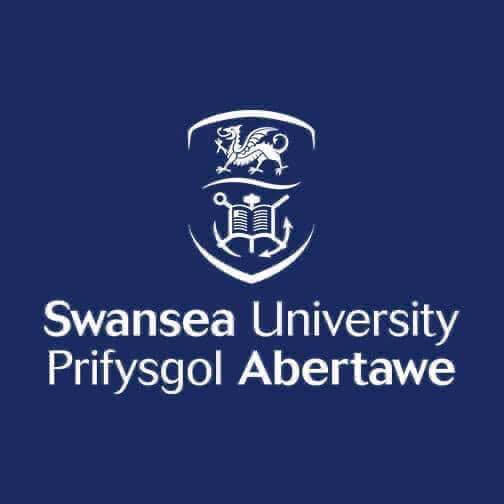fees waived
Biology with a Year in Applied Research, BSc (Hons)
Swansea University, United Kingdom
Ranking in UK
Biomedical Science
Ecology
Biological Science
Costs
food & rent S$18.4k / year
Entry requirements
Scholarships
Limited quantity
Limited quantity
Limited quantity
Information
Code
Code
Intakes
Website (External)
Programmes
Information
Duration
2030
Biology is a captivating field encompassing the study of living organisms, from bacteria to large mammals. This BSc Biology with a Year in Industry programme equips students with essential knowledge and skills for diverse careers in medicine, veterinary science, environmental management, and conservation. Delivered in cutting-edge facilities, including a £4.2 million science lab and a unique £1.3 million Visualisation Centre, the course features research-intensive learning from world-renowned academics like Professor Rory Wilson and Professor Tariq Butt.Accredited by the Royal Society of Biology, the curriculum covers themes such as animal welfare, microbiology, and climate impacts, with opportunities for local, residential, and international field courses. Students spend their third year on an industrial placement to enhance employability, complemented by assessments through exams, coursework, and research projects. Swansea University guarantees conditional offers, subject to requirements, fostering personalised learning in varied environments.
A local representative of Swansea University in Singapore is available online to assist you with enquiries about this course.

